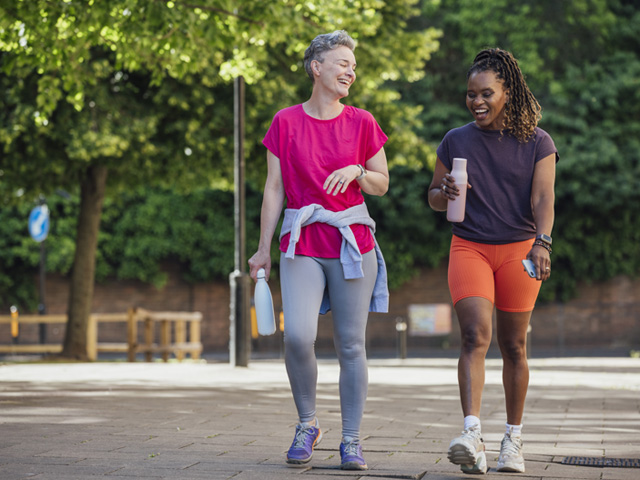Cancer Risk and Routine Screening

What can I do to reduce my risk of cancer?
Many causes of cancer remain unknown, but a healthy lifestyle can help us reduce cancer risks. Eating well, exercising, hydrating, avoiding smoking, and decreasing our stress response through physical activity or meditation are just a few ways a person can reduce their risk of cancer. We do know that obesity is linked to at least 12 cancers, so being mindful of what you eat, and a balanced, healthy diet is important.
Self-examinations and staying up to date on National Cancer Institute (NCI) recommended screenings (mammograms, prostate exams and colonoscopies) are also extremely important. While these are not true preventative measures, they can be essential in catching cancers in earlier stages. For most cancers, the earlier they are caught, the more treatment options doctors have, meaning higher survival rates.
I or a loved one doesn’t ‘feel’ quite right, something seems off and I am concerned about cancer. What should I do?
Pause. Take a deep breath. This may feel overwhelming, but you can do this.
Cancer cells can divide rapidly and don’t wait around for us to find time for self-care, so the best thing you or a loved one can do is see a doctor quickly. You have already taken the first step by initiating care. While the internet is full of information, it is not best practice to start googling. Google does not know your medical history or have your test results. Whether it is your primary care physician or an oncologist, seeing a doctor is the best first step because it will help point you in the right direction.
If you live near a Comprehensive Cancer Center designated by the National Cancer Institute (NCI), try to go there for your treatment. If you do not, go to a cancer center recommended by your doctor. The most important thing is to make an appointment with a physician who can identify what’s happening in your body and provide next steps and a treatment plan.




